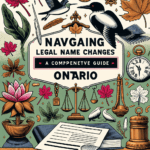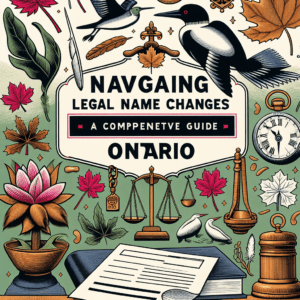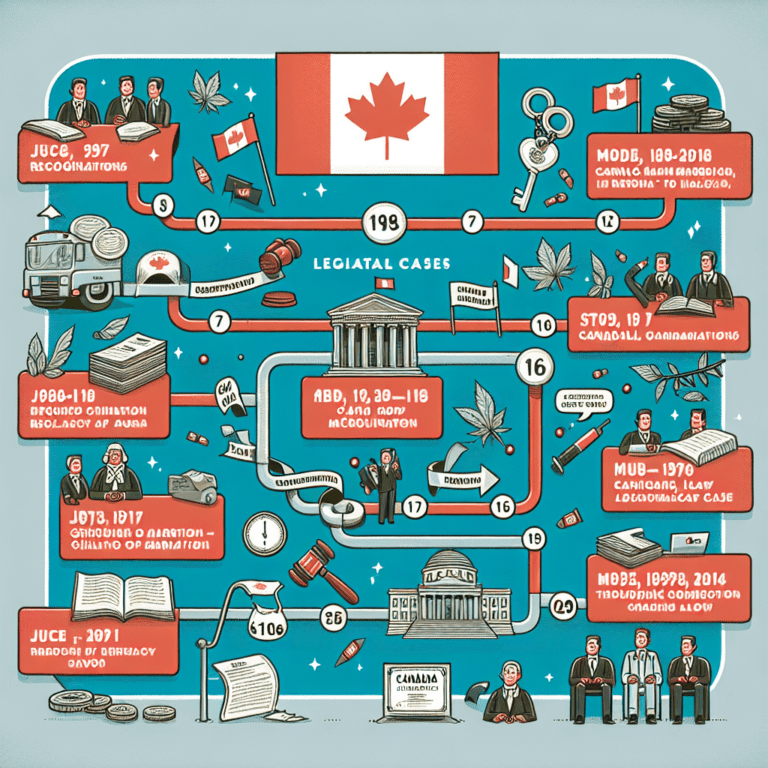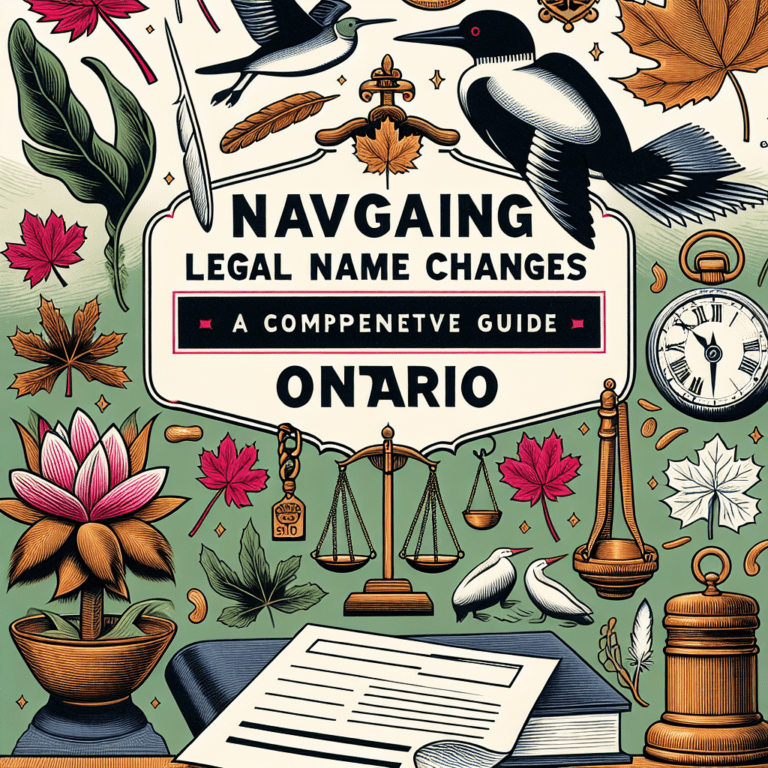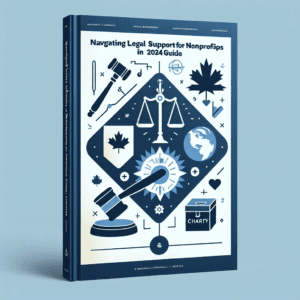===INTRO:===
Small business legal advice in Canada for 2024 is more crucial now than ever. As entrepreneurs strive to navigate an increasingly complex landscape, the weight of regulations and compliance can feel overwhelming. Many small business owners find themselves grappling with legal uncertainties that can jeopardize their dreams. This landscape can either lead to transformational success or insurmountable challenges. Understanding the legal frameworks and potential hurdles is essential to securing the longevity and integrity of your business.
Understanding Key Legal Frameworks for Small Businesses in Canada
Canada boasts a diverse and intricate legal framework that affects small businesses across various sectors. At the federal level, the Canada Business Corporations Act governs the formation and operation of corporations. Understanding the nuances of this legislation is vital for entrepreneurs wishing to incorporate. Corporations enjoy certain protections and advantages, such as limited liability, but they also bear additional compliance burdens, such as regular reporting and governance standards. This duality can be daunting, but grasping these intricacies allows business owners to make informed decisions about their structure.
Moreover, provincial laws play a significant role in the entrepreneurial landscape. Each province has its own set of regulations that pertain to labor, taxation, and industry-specific licenses. For instance, Ontario has the Business Corporations Act and the Employment Standards Act that dictate how businesses should operate within the province. Not only must entrepreneurs familiarize themselves with these laws, but they must also stay abreast of any legislative updates that might impact their operations. This proactive approach to understanding legal frameworks can save business owners from costly missteps.
In addition, small businesses must navigate intellectual property (IP) laws to protect their unique products or services. The Canadian Intellectual Property Office (CIPO) oversees trademarks, copyrights, and patents, providing crucial safeguards for the innovations that drive business success. Entrepreneurs must be strategic about their IP to ensure they maximize their benefits while minimizing legal risks. By understanding the legal frameworks governing their businesses, owners can leverage these laws to secure their competitive edge.
Navigating Common Legal Challenges Faced by Entrepreneurs in 2024
As 2024 unfolds, small businesses in Canada face a myriad of legal challenges that can significantly impact their operational effectiveness. One prominent issue is the evolving landscape of employment law, particularly in light of the hybrid work model that many organizations have adopted. Compliance with regulations surrounding remote work, discrimination, and workplace safety is paramount. Business owners must develop robust HR policies that reflect these changes to mitigate risks and foster a positive work environment. The cost of overlooking such regulations can be dire, leading to costly lawsuits and reputational damage.
Another significant challenge is the increasing scrutiny surrounding data protection and privacy laws. The Personal Information Protection and Electronic Documents Act (PIPEDA) governs how businesses collect, use, and disclose personal information. With the rise of digital commerce and remote work, safeguarding customer data is more critical than ever. Entrepreneurs must ensure they have stringent data protection measures in place to comply with existing regulations. A single breach can lead to severe penalties and a loss of customer trust, which are often irreparable.
Additionally, small businesses are frequently confronted with contractual disputes, whether with clients, vendors, or employees. Misunderstandings or miscommunications can escalate quickly, leading to potentially damaging legal entanglements. It is essential for business owners to draft clear, comprehensive contracts that outline the terms of agreements and protect their interests. Furthermore, having a legal professional review contracts before signing can avert future conflicts and save time and resources in the long run. Addressing these challenges with foresight and expertise can greatly enhance a business’s chances for sustained success.
===OUTRO:===
In summary, seeking sound small business legal advice in Canada for 2024 is non-negotiable for any entrepreneur hoping to thrive in this dynamic environment. By understanding the key legal frameworks and proactively addressing common challenges, business owners can position themselves for long-term success. Navigating the complexities of Canadian law may seem daunting, but the rewards of diligence and compliance are well worth the investment. For further guidance, consider consulting with legal professionals who specialize in small business law to solidify your foundation and propel your business forward. Taking action today can pave the way for a prosperous tomorrow.
Navigating Legal Aid Options for Refugees in Canada 2024Exploring Human Rights Legal Support in Canada: 2024 InsightsNavigating Legal Support for Wrongful Termination in Canada 2024Relevant LinkRelevant LinkRelevant LinkUnderstanding LegalZoom Billing: Fees, Structure, and InsightsUnderstanding LegalZoom’s Basic Will: Key Features ExplainedUnderstanding LegalZoom’s Business Address Services ExplainedRelevant LinkRelevant LinkRelevant LinkUnderstanding Legal Self-Defense Weapons in CanadaUnderstanding Legal Paper Size: Dimensions and Uses ExplainedNavigating Legal Name Changes in Ontario: A Comprehensive GuideRelevant LinkRelevant LinkRelevant Link


